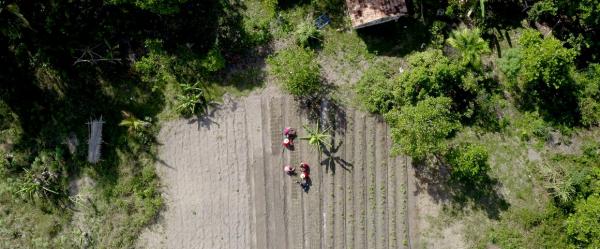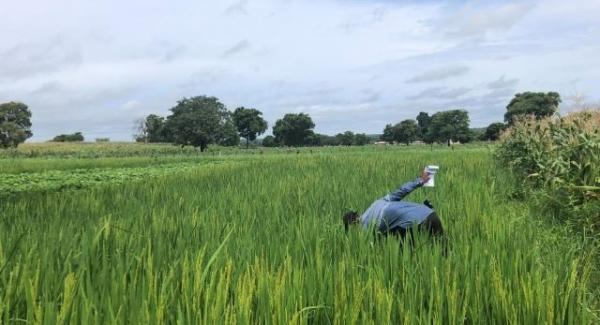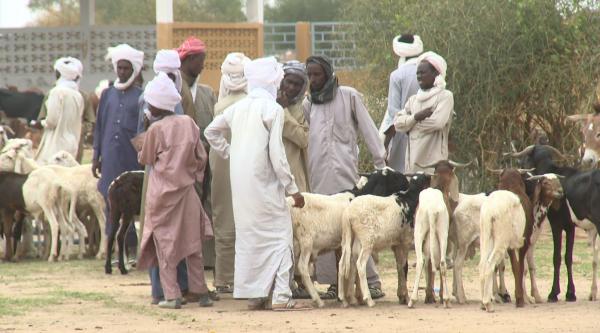Results & impact 16 April 2024
- Home
- Our activities, our impact
- Priority research topics
- Food systems

Food systems
CIRAD has been working for many years on food systems in the global South, with a dense network of partners.
Food systems are analysed on several scales: households, territories, supply chains, countries, and worldwide. Current research is focusing on technical and social innovations within the various supply chains that make up food systems (practices, processes, standards, labels, etc.).
- What are the determining factors and impacts?
- What is the role of citizens' initiatives, and public or national policy or the strategies adopted by certain cities?
- What part do family farms and private stakeholders such as agrifood firms play?
Methods have been developed to represent how food systems function, for instance by analysing the relations between men and women and between young and old within farming families, which play several roles: production, processing, marketing and consumption. However, many tasks remain:
- characterizing urban and rural consumer markets better;
- identifying the dynamics of consumer behaviour and their interactions with other elements in the system;
- assessing and co-building the territorial expression of food and nutritional policy on a national or broader scale;
- imagining multi-sectoral and multi-scale food system governance and assessment instruments.
Efforts must also be made to pool and coordinate work under way in various fields. Research on production systems, processing (productivity and quality), product marketing, food policy, consumption (diet and eating habits), which is still often carried out in silos, must be coordinated more effectively, between research units and with our partners. An integrated approach to food systems means developing methods that will serve to generate knowledge and scenarios and capitalize on them, with the whole range of stakeholders, within operational platforms.
























_c.chabrier.jpg)







